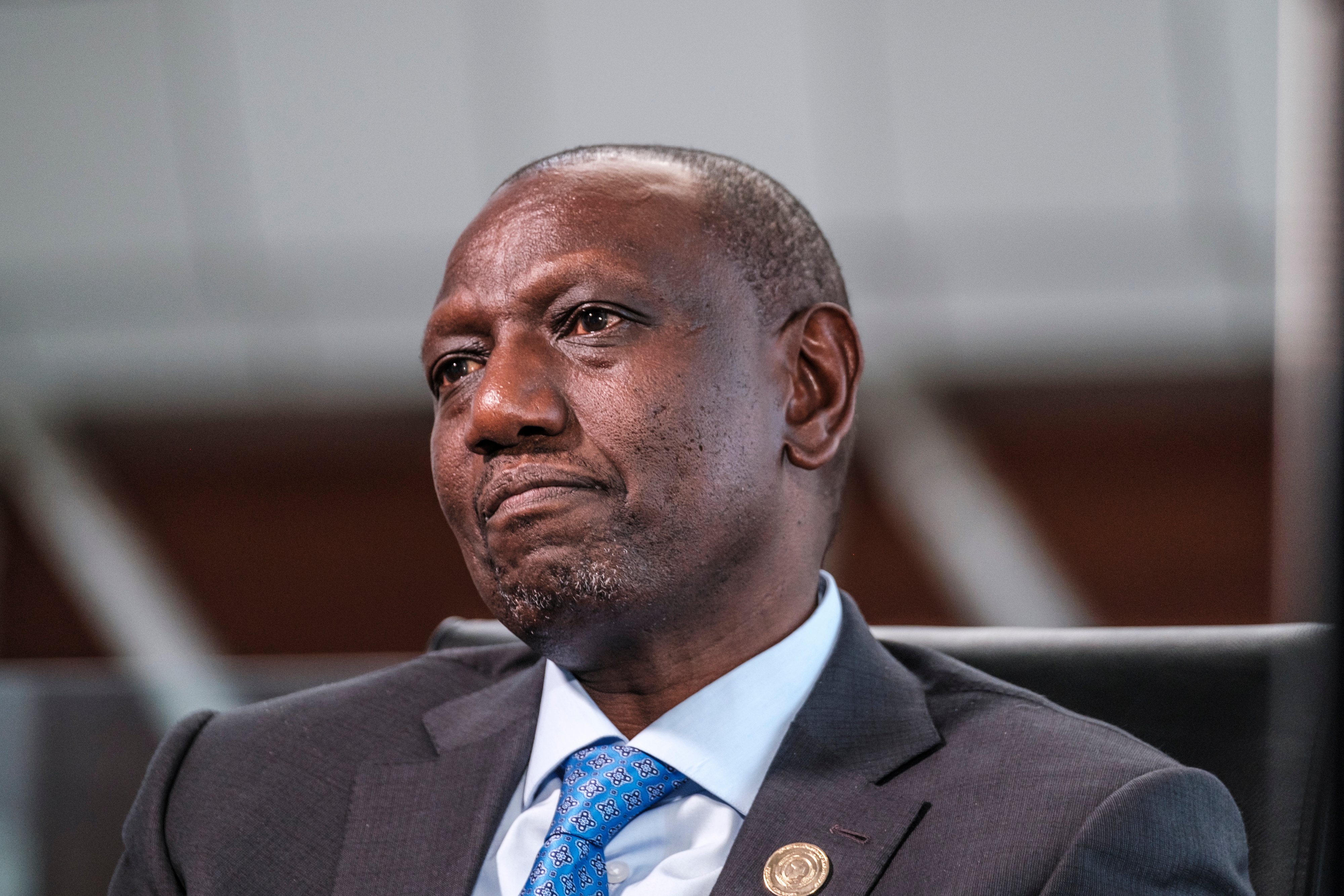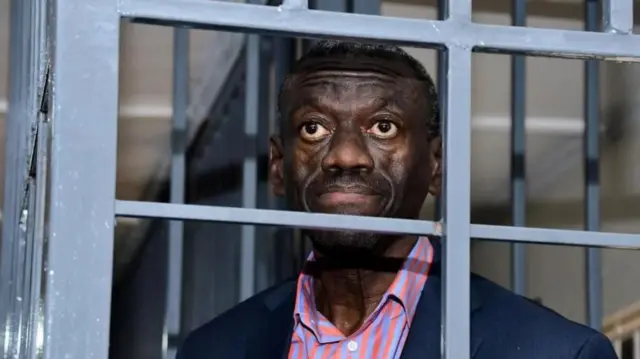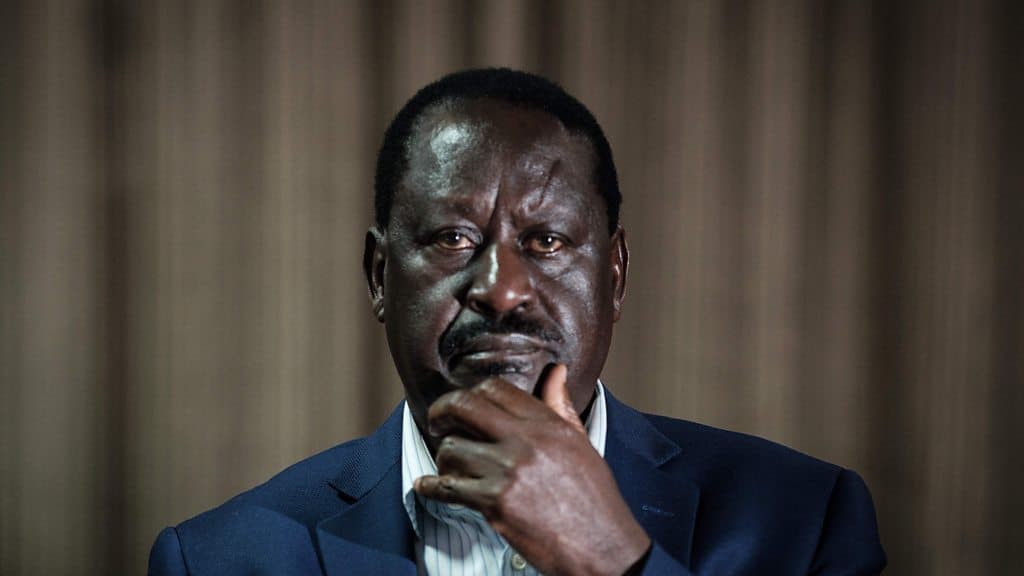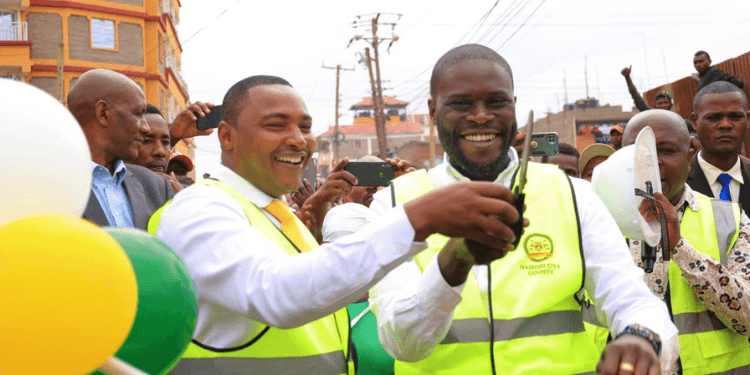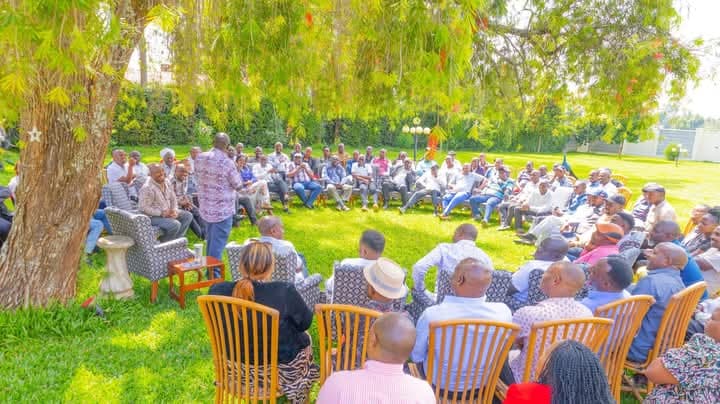Nairobi, May 9 : President William Ruto, assumed power at a time when Kenya was beset by rising food and fuel prices, high unemployment and a worrying debt burden.
During the election campaign, Ruto promised to fix an economy afflicted by corruption and ineptitude. He promised to entrench good governance and place the poor at the center of economic policy. He pledged to address ethnicized politics and to uphold constitutionalism and the rule of law.
As a candidate, Ruto portrayed himself as an outsider to Kenya’s power matrix who was best placed to improve the living conditions of the poor and excluded. But the economy has not improved under his watch. If anything, living conditions have worsened.
In the realm of political leadership, the consequences of overpromising can be profound, leading to difficult decisions that may prioritize short-term gains over long-term welfare.
President Ruto’s governance in Kenya bears striking similarities to the biblical account of Herod the tetrarch, whose rash promise led to a morally compromising decision.
Herod’s story is a cautionary tale of how a leader’s words can become a trap. When he promised to grant Herodias’ daughter whatever she wished, Herod did not anticipate the moral dilemma he would face when she asked for the head of John the Baptist. Despite his reluctance, Herod felt compelled to honor his promise to maintain his authority and avoid public embarrassment.
Similarly, Ruto’s leadership has been marked by a series of promises that, once made, have proven difficult to keep. The grand visions he laid out during his campaign—ranging from economic reforms to social justice—have created high expectations among the Kenyan people. However, the reality of governance has revealed the challenges in fulfilling these commitments, leading to a growing sense of disillusionment among the populace.
This gap between Ruto’s promises and the outcomes on the ground has become increasingly evident. Many of the ambitious goals set by his administration have remained unachieved, leading to public frustration and criticism. The unfulfilled promises are not just political missteps; they have real consequences for the people, particularly in areas such as employment, economic stability, and social equity.
Ruto faces the challenge of managing the expectations he set. His administration’s focus has often shifted towards maintaining political alliances and managing public perception rather than addressing the underlying issues that the promises were meant to resolve. This has led to decisions that seem more about preserving power than serving the broader interests of the Kenyan people.
Ruto spoke out against extrajudicial and summary executions and enforced disappearances perfected by the police over the years. He sought to accord the police financial and operational autonomy. Thus he transferred accounting for the police budget to the police as he had promised.
Despite these changes, a culture of impunity and lack of transparency continues to undermine the Kenyan police. Extrajudicial executions continue, according to human rights groups, a fact that the state and security agencies adamantly deny.
Appointments to government positions have been undermined by the age-old problems of recycling appointees, patronage, nepotism, and ethnicity. Just as worrying are senior government officials publicly advancing exclusionary ethnic politics with impunity. Ruto must rein them in.
Ultimately national cohesion is Ruto’s pressing challenge. Kenya is divided on many fronts — economic, ethnic, regional, and religious — a legacy of previous governments.
Ruto needs to look beyond ethno-regional appointments. For legitimacy and transformation, he needs to ideologically reconnect with and dignify the “hustler nation,” the disenfranchised constituency that propelled him into power. Bar this, he could face an intensely contested reelection bid like his predecessors.
Ruto must urgently reevaluate his unfulfilled pledges and prioritize delivering tangible results to the Kenyan people.
“Between now and 2027, Kenyans expect progress—better roads, reliable water supply, and improved schools. It’s time for leaders to put aside divisive politics and focus on uniting the nation,” a political analyst notes.
Ruto has lost touch with the majority of Kenyans. “Ruto is struggling to lead this country. His policies are not working. Kenyans in the village are suffering,” he says.
He calls on Ruto to cut the talk and get to work to deliver what he promised Kenyans. “Ruto should stop giving new promises to Kenyans who are economically strained".
According to him, Ruto looks like he is still in campaign mode almost two and half years after becoming president.
The next two and half years will be critical in determining whether Ruto can bridge the growing trust deficit or the rising tide of public discontent will cement his administration’s legacy as one of broken promises and missed opportunities.
